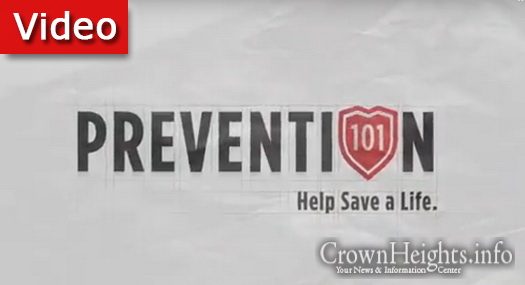
Operation Survival: Should I Refuse to Let the School Evaluate My Child?
One of the most challenging situation parents can find themselves in is when the school principal or teacher believes their child has a learning disability and perhaps requires special education intervention. Unfortunately, a learning disability is seen as a stigma by many parents and their response is predictably, “No, my child is normal. My child does not have special needs. How dare you say something like that about my child?!” The reality, however, is that each child is different; each child has his or her own special needs.
A child can be gifted but still require special education services. Each child needs to be able to have his or her needs met, and different learners learn at different paces and have different abilities. Parents need to remain open to the fact that the feedback from the school is likely correct. Maybe the child does need help, and parents need to consider how they will avail themselves of the resources that are out there to help their child.
Beyond being willing to accept this feedback about their child, parents need to be vigilant about learning disability indicators. Parents cannot close their mind to such possibilities. We often have a prism through which we view our children. We look at them with a parent’s love, and this can mean we don’t see all of their shortcomings. Other people can help us. It is often helpful to try to see the child through the eyes of more objective people, particularly educators, using the observations that they give you to navigate the difficult terrain of helping your child.
This is especially critical because sometimes a child needs speech and language therapy at an early age. If you notice that your child is not speaking by an age-appropriate time, you need to make sure he or she is evaluated. Start by reaching out to your pediatrician for guidance. In many cities the board of education offers services from infancy. It is important that parents reach out as soon as an indicator or symptom is recognized.
Parents must not view special needs as a stigma or something that needs to be hidden. This can cause children to believe something is wrong with them, which can negatively impact them for the rest of their lives. Recognizing the situation and getting help is a good thing. Once children receive the support they need, they can flourish. It is the parents’ job to not feel the stigma and not make their children feel the stigma. Instead, parents should focus on what the children need and with guidance, provide it for them to the best of their abilities.
(Article is based on an interview with Shimon Waronker, Ed.D for Operation Survival’s Prevention101 series. Dr. Waronker received his BA from the Univ. of Maryland; and Ph.D. from Harvard. He is the former Principal of the Jordan L. Mott School, S. Bronx.)














